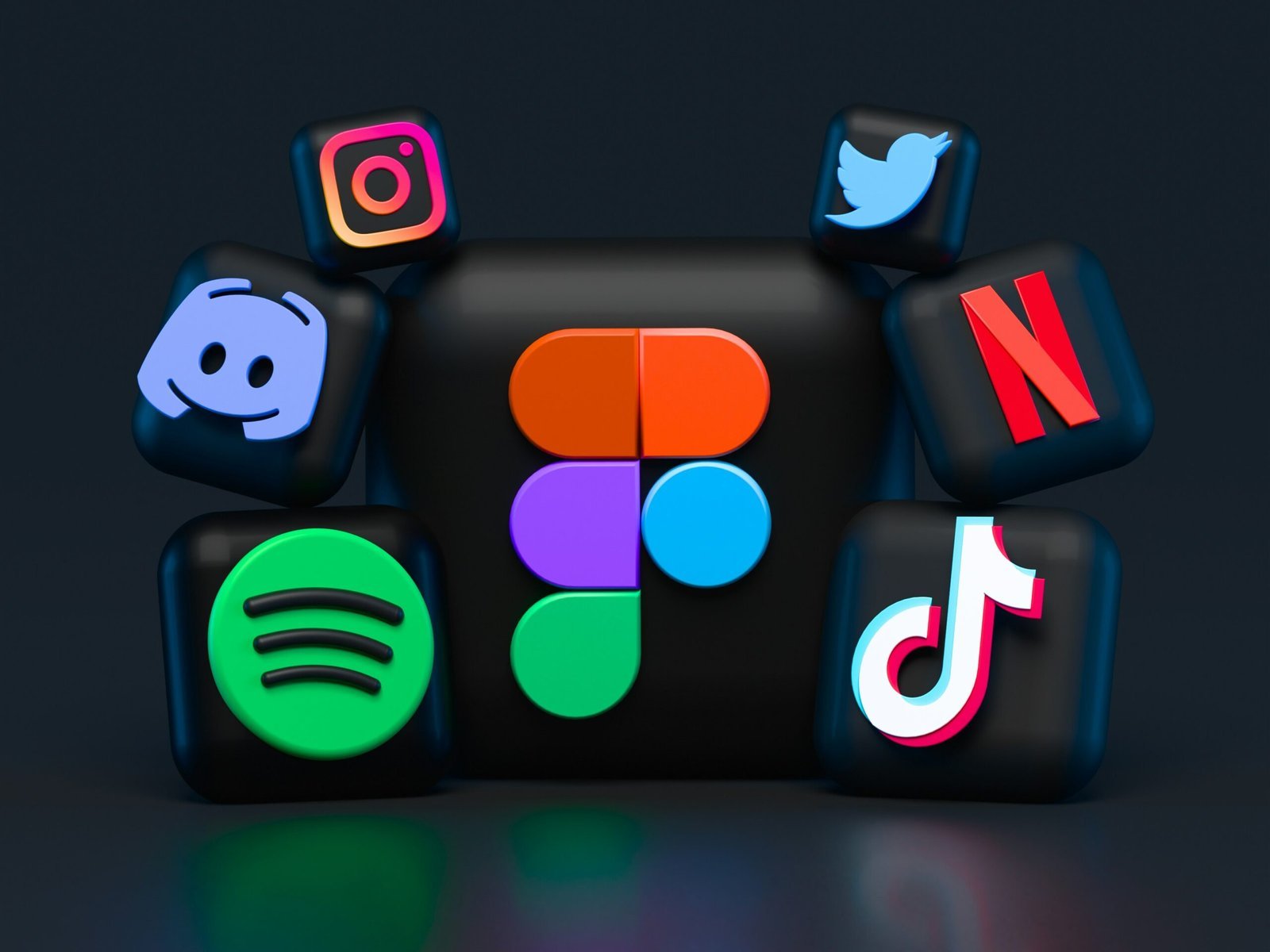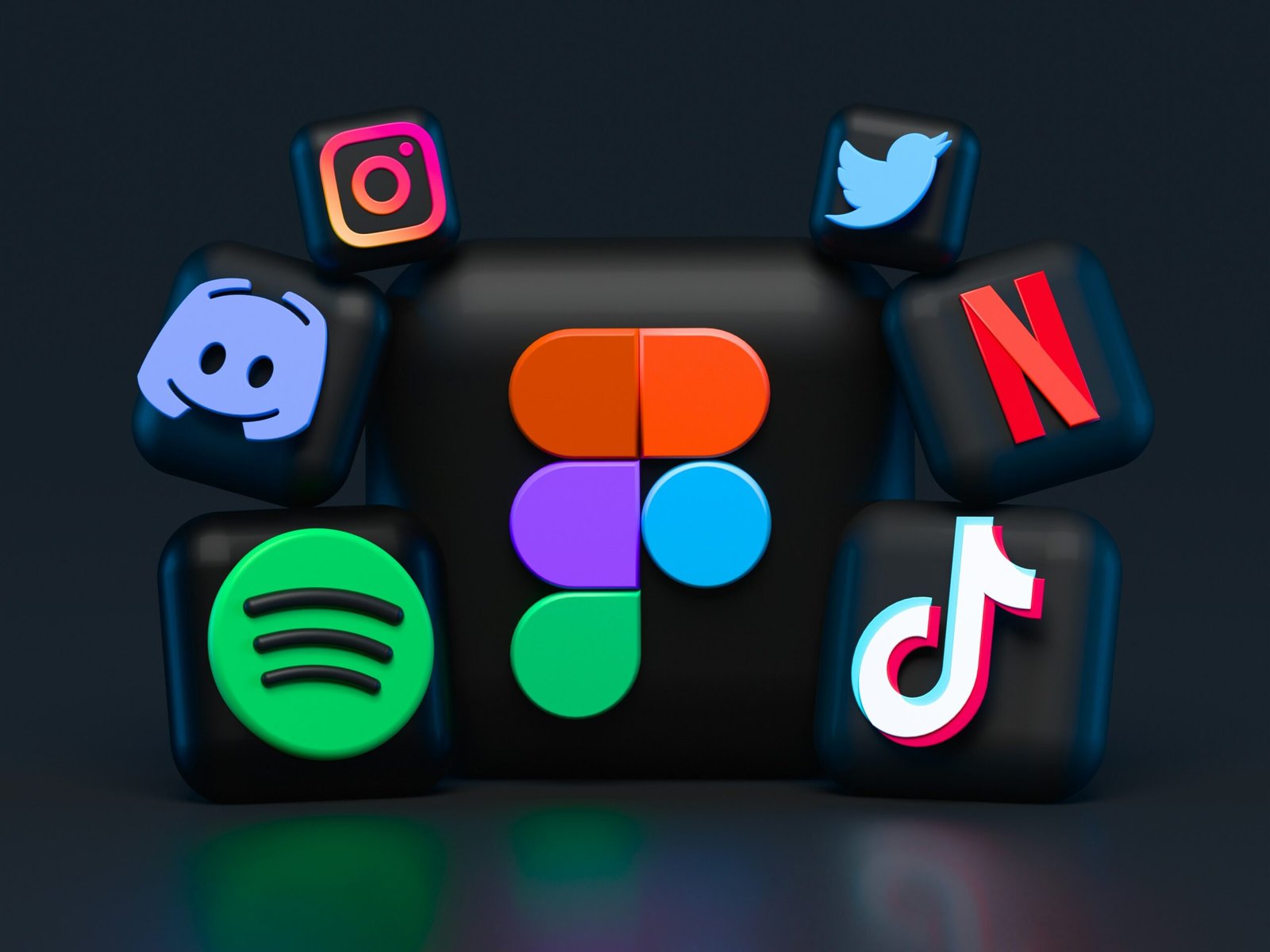The Impact of Social Media on Modern Society

Introduction to Social Media
Social media has become an integral component of contemporary communication, altering the dynamics of interaction among individuals and communities. Broadly defined, social media encompasses digital platforms where users create, share, and engage with content. It includes a diverse array of formats, ranging from social networking sites like Facebook and LinkedIn to microblogging platforms such as Twitter, and multimedia sharing services like Instagram and YouTube. Each of these platforms serves unique purposes but fundamentally facilitates the connection and interaction between users.
The evolution of social media can be traced back to the early 2000s, with the emergence of platforms that allowed individuals to interact beyond traditional means. Over the years, social media has experienced significant growth, evolving from simple text-based interactions to rich multimedia experiences. This transformation has ushered in new ways for people to communicate, share opinions, and establish connections, thereby influencing societal norms and practices.
Today, the importance of social media cannot be overstated. It has reshaped how individuals consume news, entertain themselves, and conduct business. With billions of users worldwide, social media platforms have become powerful tools for information dissemination, serving not only personal use but also institutional purposes such as marketing, advocacy, and social change. The interconnectedness that these platforms offer fosters communities and allows for dialogue that transcends geographical boundaries.
In essence, social media has revolutionized the way people interact and share information. Its diverse forms and widespread usage illustrate its significance in modern society, making it a critical subject of analysis for understanding contemporary social dynamics.
The Positive Effects of Social Media
Social media has fundamentally transformed the way individuals and communities interact, bringing forth a plethora of positive effects that resonate across various spheres of life. One of the most significant benefits is the enhanced connectivity it fosters among friends and family. People can maintain relationships regardless of geographical boundaries, allowing for real-time communication through various platforms. This unprecedented level of connectivity facilitates emotional support and reinforces social ties, contributing to overall well-being.
Additionally, social media provides ample opportunities for professional networking. Individuals can connect with peers and industry leaders, share insights, and collaborate on projects, thereby enhancing career prospects. Platforms like LinkedIn serve as valuable tools for job seekers, enabling them to showcase their skills and experience while connecting with potential employers. This networking capacity not only aids individuals but also stimulates economic growth as businesses use social media to create brand awareness and engage with customers.
The democratization of information is another vital aspect of social media. In an age where information is continually generated and disseminated, social media platforms empower individuals to access news and resources that may not be covered by traditional media outlets. This accessibility encourages informed discourse and allows underrepresented voices to be heard. Activists and organizations can leverage these platforms to raise awareness about critical social issues, mobilizing support and inspiring community action.
Moreover, businesses harness the power of social media for marketing and customer engagement strategies. Through targeted advertisements and interactive content, brands can reach broader audiences, driving economic opportunities and fostering customer loyalty. As a result, social media stands as a powerful catalyst not only for individual connection but also for societal advancement, facilitating a culture of collaboration, innovation, and awareness.
The Negative Effects of Social Media
While social media offers numerous benefits in terms of connectivity and information sharing, it is crucial to acknowledge the significant negative effects that also arise from its widespread usage. One prominent concern is cyberbullying, which often occurs in anonymous online environments. Victims of cyberbullying may experience severe emotional distress, leading to anxiety, depression, and, in extreme cases, self-harm or suicide. The pervasive nature of social media enables bullies to perpetuate harassment at any time and from any location, amplifying its impact on individuals, particularly adolescents.
Misinformation represents another alarming consequence associated with social media platforms. In an age where information spreads rapidly, falsehoods can quickly gain traction, influencing public opinion and behavior. This can result in confusion around critical issues such as health, politics, and social justice, ultimately undermining informed decision-making within society. The allure of sensationalized content can lead users to prioritize engagement over accuracy, contributing to a significant erosion of trust in reliable sources.
Privacy concerns are also central to the darker side of social media. Users often share personal information without sufficient awareness of the potential consequences. This can lead to data breaches and unauthorized access, increasing vulnerability to identity theft and exploitation. The commodification of personal data raises ethical questions about the responsibilities of social media companies and the need for more stringent regulations regarding privacy protection.
Additionally, the impact of social media on mental health is an increasing area of concern. Research indicates a strong correlation between excessive social media use and feelings of loneliness and anxiety. The constant comparison to curated online personas can result in diminished self-esteem and heightened feelings of inadequacy. Consequently, fostering a healthy relationship with social media is essential to address these detrimental effects and encourage responsible usage. This calls for comprehensive strategies to promote digital literacy and mental wellness in an increasingly connected world.
The Future of Social Media
The landscape of social media is poised for significant transformation as technology continues to advance at a rapid pace. Emerging trends, particularly in augmented reality (AR) and virtual reality (VR), are beginning to reshape user experiences on these platforms. Companies are increasingly exploring ways to integrate AR and VR into their offerings, enabling more immersive interactions and a deeper level of engagement among users. As these technologies evolve, they promise to blur the lines between the physical and digital worlds, potentially re-defining how we connect and share experiences online.
Alongside technological advancements, the growing importance of data privacy will undoubtedly play a crucial role in the future of social media. As users become more aware of the ways their personal information is utilized, there will be mounting pressure on companies to prioritize transparency and accountability in their practices. This heightened awareness may propel users toward platforms that are committed to safeguarding their data, thereby influencing market dynamics. In response to user demands, social media companies may proactively implement more secure systems and introduce features that empower individuals with greater control over their personal information.
Furthermore, potential regulatory changes will likely have profound implications for social media as well. As government entities work to establish frameworks that address concerns regarding misinformation, hate speech, and user protection, social media companies must adapt to these evolving regulations. This may entail adopting new compliance measures and refining their content moderation strategies to promote a healthier online environment.
Artificial intelligence (AI) will also play a pivotal role in shaping the future of social media. From content recommendations to advanced moderation techniques, AI technologies can enhance the user experience while streamlining operational processes. However, the challenge lies in striking a balance between innovation and ethical considerations. As we embrace the next wave of social media, it is essential to remain vigilant about the implications these advancements may have on society at large.

